“The Waste Land” by T.S. Eliot is a landmark in modernist poetry, outlining the fragmented and disillusioned spirit of post-World War I society. Eliot uses many cultural references, mythological stories, and strong images to show the spiritual emptiness of the modern world. The poem is a mix of different voices, views, and writing styles, showing the broken nature of modern life. “The Waste Land” explores themes like love, death, rebirth, and the decay of society, inviting readers to journey through a poem full of symbols and deep ideas.
To assess your understanding of this important work, here are 20 multiple-choice questions focusing on its details, characters, and the deep ideas that make it significant in literature.
The Waste Land Questions and Answers
1. What year was “The Waste Land” published?
– A) 1920
– B) 1922
– C) 1925
– D) 1930
– Answer: B) 1922
2. Who is the protagonist of “The Waste Land”?
– A) Tiresias
– B) J. Alfred Prufrock
– C) The Fisher King
– D) Eliot himself
– Answer: A) Tiresias
3. What literary movement is associated with “The Waste Land”?
– A) Romanticism
– B) Realism
– C) Modernism
– D) Renaissance
– Answer: C) Modernism
4. Which mythological figure is mentioned in the poem?
– A) Hercules
– B) Oedipus
– C) Tiresias
– D) Achilles
– Answer: C) Tiresias
5. What is the opening line of “The Waste Land”?
– A) “April is the cruellest month”
– B) “I saw the best minds of my generation destroyed by madness”
– C) “Do I dare disturb the universe?”
– D) “Let us go then, you and I”
– Answer: A) “April is the cruellest month”
6. What river is mentioned in the poem?
– A) Thames
– B) Seine
– C) Rhine
– D) Danube
– Answer: A) Thames
7. Which section of the poem is known for its typographic experimentation?
– A) The Burial of the Dead
– B) A Game of Chess
– C) The Fire Sermon
– D) What the Thunder Said
– Answer: D) What the Thunder Said
8. What does the poem’s title, “The Waste Land,” refer to?
– A) A barren battlefield
– B) The aftermath of a natural disaster
– C) The spiritual desolation of the modern world
– D) A polluted river
– Answer: C) The spiritual desolation of the modern world
9. Which cultural figure is mentioned in the poem’s notes as an epitome of decadence?
– A) T.S. Eliot
– B) Baudelaire
– C) Shakespeare
– D) Dante
– Answer: B) Baudelaire
10. What historical event is alluded to in the poem?
– A) World War I
– B) The French Revolution
– C) The Renaissance
– D) The Industrial Revolution
– Answer: A) World War I
11. Which section features a conversation between two women in a pub?
– A) The Burial of the Dead
– B) A Game of Chess
– C) The Fire Sermon
– D) Death by Water
– Answer: B) A Game of Chess
12. What is the significance of the “Shantih shantih shantih” at the end of the poem?
– A) A call to prayer
– B) Peace, peace, peace
– C) The beginning of a new era
– D) A curse
– Answer: B) Peace, peace, peace
13. Which literary work is quoted at the beginning of the poem?
– A) The Divine Comedy
– B) The Canterbury Tales
– C) The Wasteland Chronicles
– D) The Odyssey
– Answer: B) The Canterbury Tales
14. Who is the author of “The Golden Bough,” a book that influenced Eliot’s work?
– A) Joseph Conrad
– B) James Joyce
– C) T.S. Eliot
– D) James Frazer
– Answer: D) James Frazer
15. Which section of the poem explores sexual themes and desires?
– A) The Burial of the Dead
– B) A Game of Chess
– C) The Fire Sermon
– D) What the Thunder Said
– Answer: C) The Fire Sermon
16. What is the central theme of “The Waste Land”?
– A) Love and Romance
– B) Nature and Ecology
– C) Spiritual Desolation
– D) Political Revolution
– Answer: C) Spiritual Desolation
17. Who is the author of the poem “The Love Song of J. Alfred Prufrock,” also written by T.S. Eliot?
– A) W.B. Yeats
– B) Robert Frost
– C) Ezra Pound
– D) T.S. Eliot
– Answer: D) T.S. Eliot
18. What symbolizes rebirth and renewal in “The Waste Land”?
– A) Fire
– B) Water
– C) Earth
– D) Air
– Answer: B) Water
19. What is the name of the tarot card mentioned in the poem?
– A) The Fool
– B) The Hanged Man
– C) The Tower
– D) The Magician
– Answer: B) The Hanged Man
20. Which literary figure is associated with the phrase “Datta, dayadhvam, damyata” in the poem’s conclusion?
– A) T.S. Eliot
– B) Dante
– C) Vyasa
– D) Shakespeare
– Answer: C) Vyasa
The Waste Land Q&A for English Exams
- The Burial of the Dead : The Burial of the Dead Quiz : 15 MCQs
- A Game of Chess : A Game of Chess Quiz : 20 MCQs
- The Fire Sermon : The Fire Sermon Quiz : 15 MCQs
- Death by Water : Death by Water Quiz : 10 MCQs
- What the Thunder Said : What the Thunder Said Quiz : 20 MCQs
Read this also : Figures of Speech Personification Quiz: 20 MCQs
Discover more from Gyankundli
Subscribe to get the latest posts sent to your email.
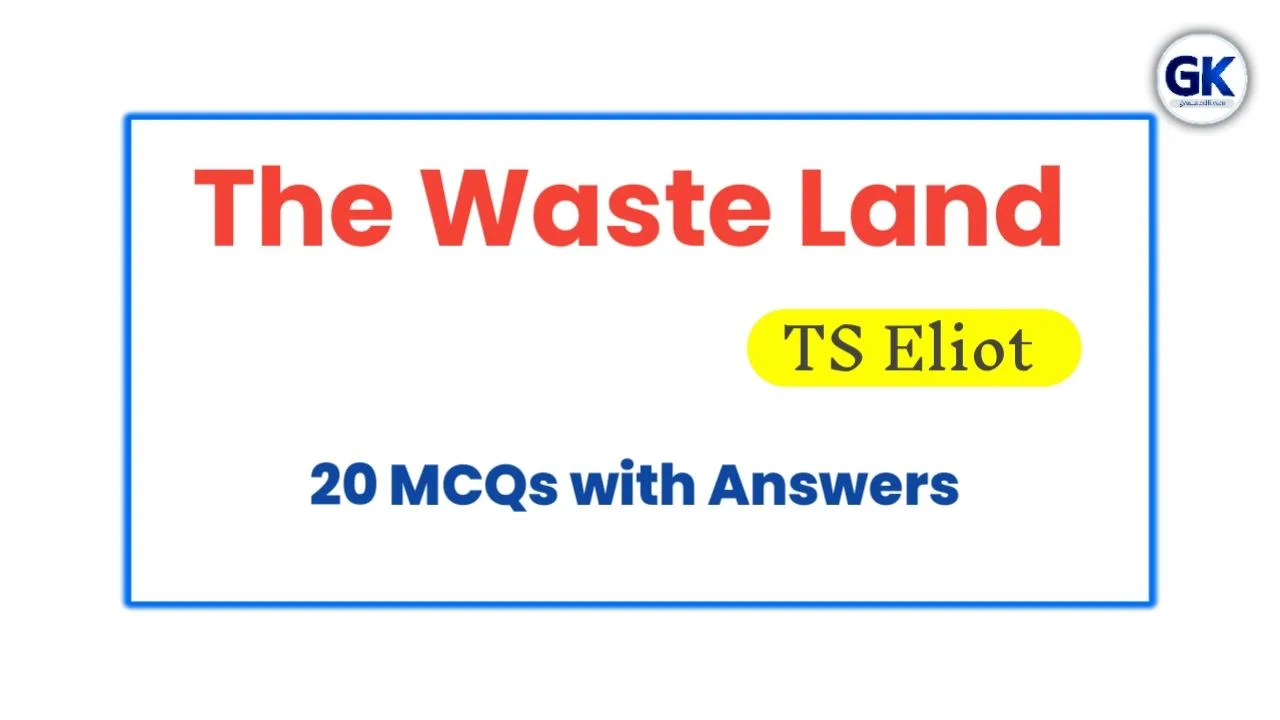
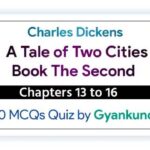
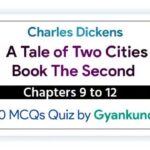
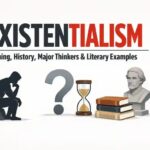
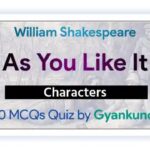

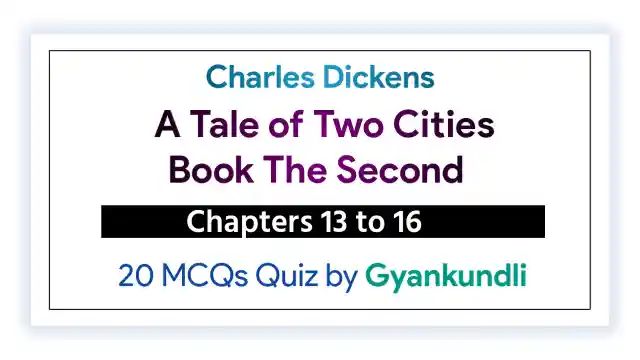
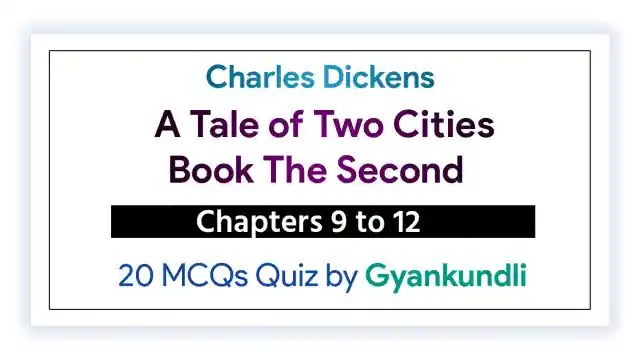
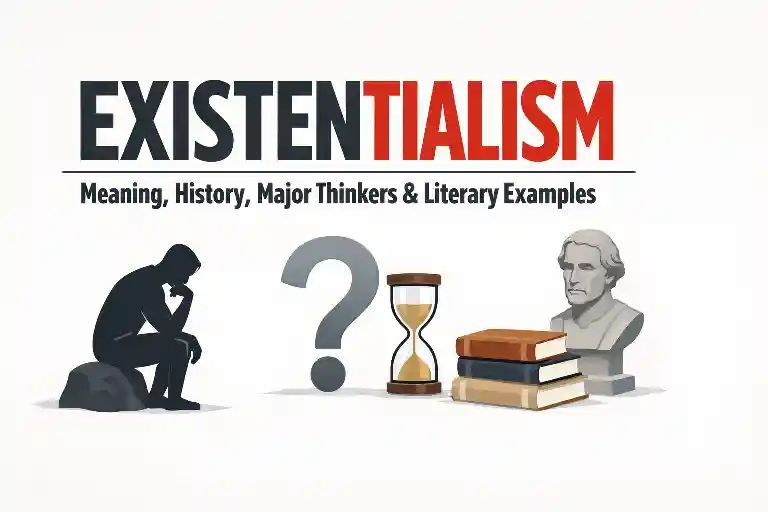
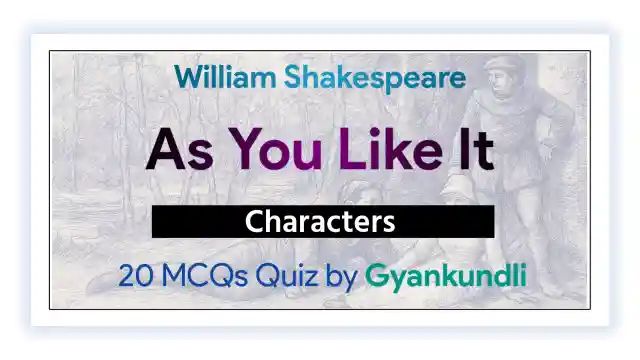
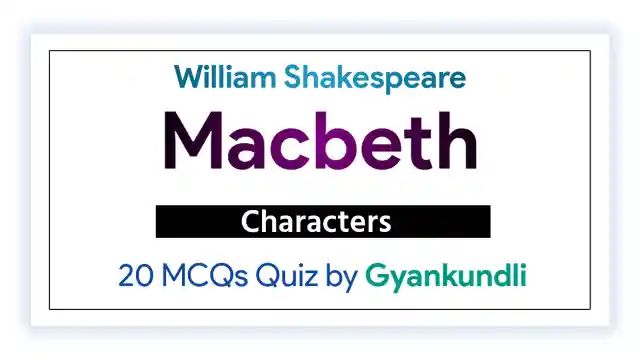
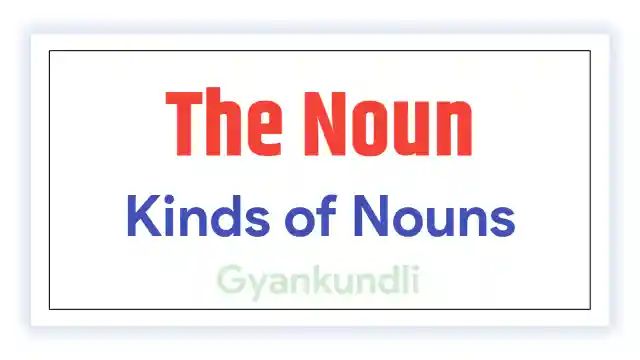

Questions k ans phle se show ho rhe h 🙊🙊
Ye Quiz format me nahi h bahut pahle bnai the maine….
Next time quiz form me milenge